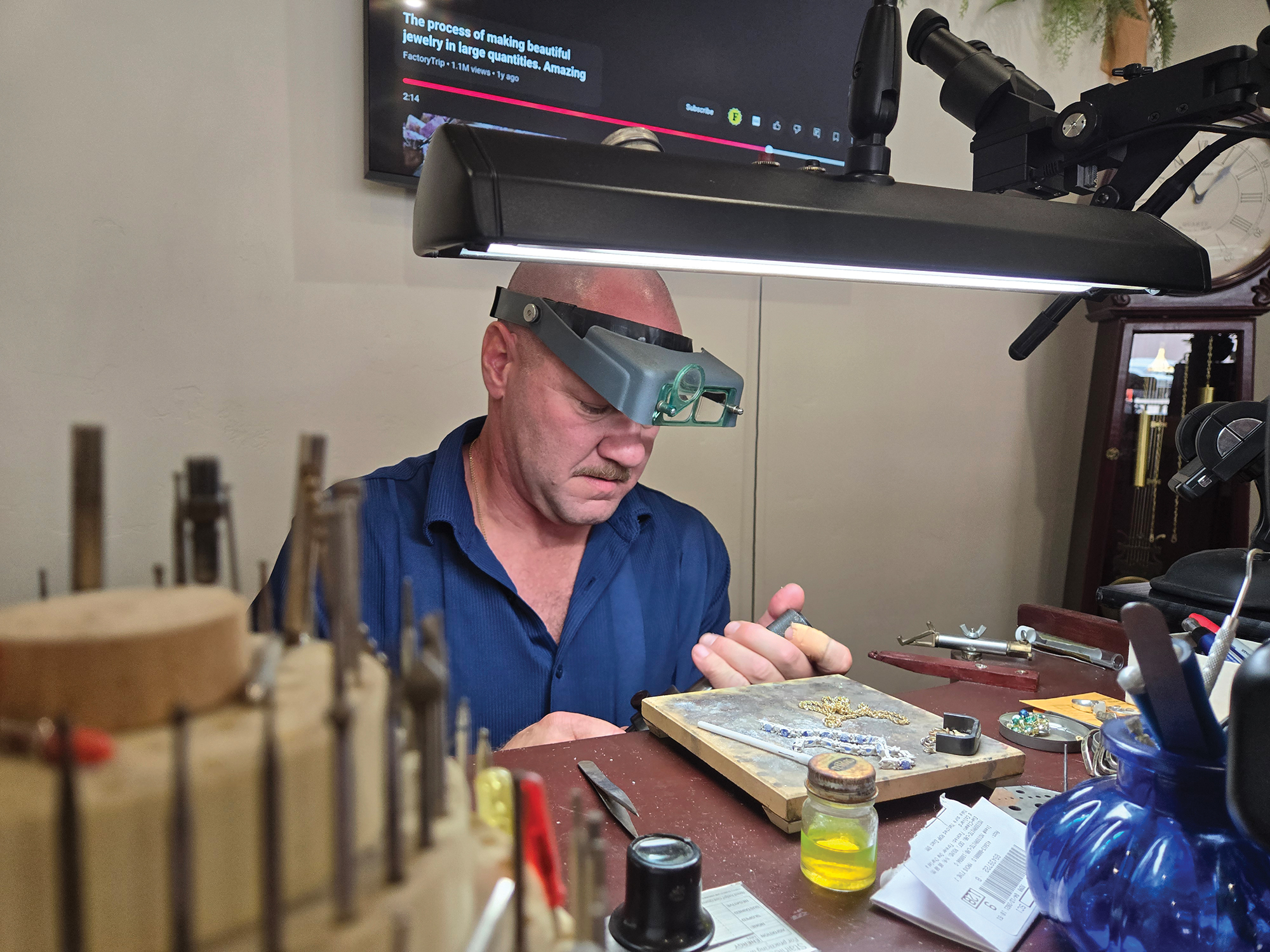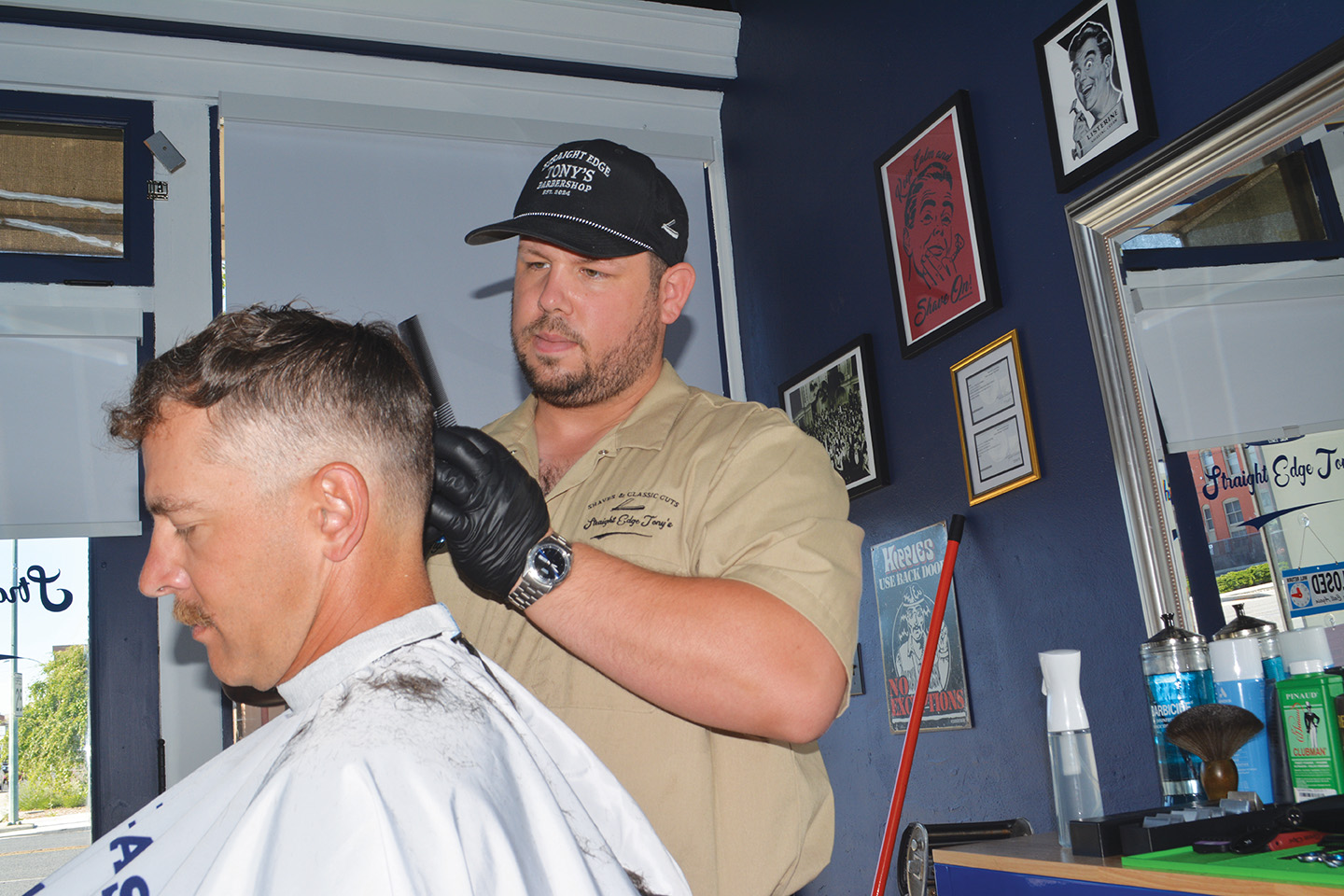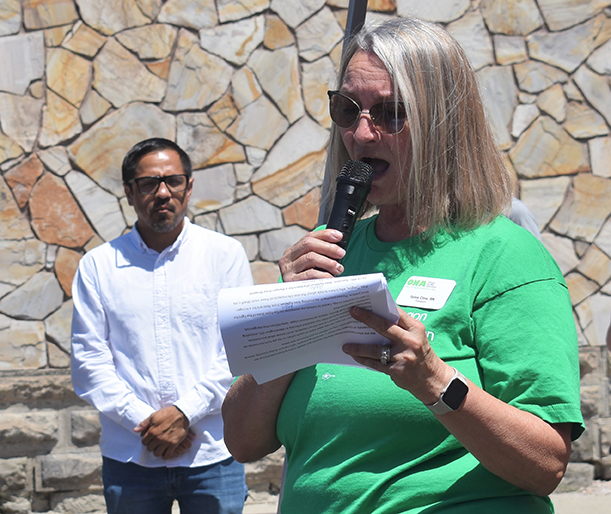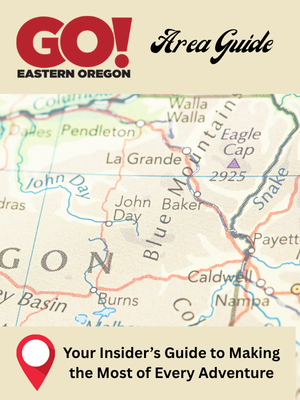COLUMN: Hunting photos and seriously funny headlines
Published 10:25 am Friday, May 3, 2019
The headlines made me laugh and I fixed them as the work of the brilliant satirists at The Onion, or perhaps a credible homage.
I was wrong on both counts.
The headlines were absolutely earnest.
This is from Willamette Week: “Gov. Kate Brown Picked a Big-Game Hunter to Serve on the Board That Manages Oregon’s Wolves”
And The Oregonian: “Oregon conservation groups ‘stunned’ after big game hunter nominated to wildlife commission”
Aside from Willamette Week’s preference for the hyphen and for capital letters — “Big-Game” rather than “big game” — the message is all but identical.
I initially wondered if I was reading a spoof because The Onion is so masterful at implying that something normal is actually scandalously strange and ironic.
And the idea that the governor would nominate someone who hunts large animals, and presumably kills some of them, to serve on the Oregon Fish and Wildlife Commission is about as unusual as a professor of oral surgery being appointed to a board of dentistry.
The Fish and Wildlife Commission, which oversees the Oregon Department of Fish and Wildlife (ODFW), has seven members. That at least one of those would be a hunter seems to me all but a necessity if the Commission is to broadly represent the interests of Oregonians.
Without hunters’ and anglers’ dollars the ODFW could scarcely accomplish its vital task of trying to ensure the state has healthy populations of fish and wildlife. About one-third of the agency’s revenue comes from the sale of hunting and fishing licenses. Another third is federal money, most of which is collected from a tax on the sale of hunting and fishing equipment.
This is not to say that hunters and anglers are omnipotent, or should be, merely because they foot so much of the bill to keep elk and other animals roaming the state. By “healthy populations” I mean maintaining enough animals to allow yearly hunting seasons while also catering to people who just like to see some deer on an evening’s drive in the hills.
These goals, fortunately, are complementary rather than contrary — to maintain enough of any species to allow hunting you need far more animals than will be killed by hunters.
The subject of those headlines is James Nash. He’s a rancher and hunting guide from Enterprise whom Brown has nominated to serve on the Fish and Wildlife Commission.
(The Senate Rules Committee will consider the governor’s nominees May 8.)
The stories in both Willamette Week, which originally reported on the matter, and The Oregonian focused on environmental groups that expressed astonishment, and no small amount of disgust, at the governor’s nomination of Nash and two others — Robert Spelbrink, a retired commercial fisherman, and Mark Labhart, a Tillamook County commissioner who retired from the Oregon Department of Forestry.
Several groups sent a letter to the governor’s office contending that Brown’s nomination of that trio represents the “same broken model that has repeatedly failed wildlife and failed Oregonians.”
The groups’ complaint seems to be based in part on the idea that Nash, Spelbrink and Labhart would favor the consumption of wildlife — literal consumption, in the form of venison steaks and fish fillets — rather than its preservation, including species, such as wolves, that can’t be legally hunted in Oregon.
This strikes me as specious. I’ve never subscribed to the notion that a person who kills and eats deer is any less committed to making sure there are healthy deer herds than is a person who likes to watch deer but would never shoot one.
Both people have an incentive to encourage thriving deer herds.
If anything I believe the hunter/eater has the stronger motivation, if only because the deer-watcher can always go to a zoo. But zoos, in my experience, don’t want visitors shooting their exhibits and then slicing them into slabs of meat. Without abundant wild deer, hunters have little chance to pursue their hobby.
The outcry against Nash’s nomination in particular is rather more nuanced, however.
The groups that chastised Brown singled out Nash for a reason that I don’t find compelling but which is at least reasonable, and which the headlines don’t mention (although the stories do). This is Nash’s membership in the Oregon Cattlemen’s Association, which has long advocated for the state to give ranchers more authority to kill wolves that attack their livestock.
Nash’s father, Todd, is also an outspoken opponent of the proliferation of wolves in Oregon.
I don’t believe either connection ought to disqualify James Nash from serving on the Fish and Wildlife Commission. Cattle ranchers certainly have a legitimate interest in the topic of wolves, given that wolves occasionally kill cattle — as recently as last month, in fact, in eastern Baker County. In any case the Fish and Wildlife Commission is a public body that conducts its business in public, so if Nash were to face a blatant conflict of interest he could recuse himself — or face the legitimate scrutiny of the public if he refused.
Ultimately, though, it was those headlines, and several photos that accompanied the stories in Willamette Week and The Oregonian, that quickly replaced my mirth into minor annoyance. These packages created a superficial, and thus potentially misleading, implication that hunting and wildlife preservation are inherently incompatible.
Both publications showed photos from Nash’s Instagram account in which he posed with animals he had killed somewhere other than Oregon — most notably a hippopotamus in Africa, and a crocodile.
Although it’s clear that the conservation groups lobbying Brown are more troubled by Nash’s antipathy for wolves, they also referred to those photos, albeit briefly, in their letter to Brown. They are “troubled by Mr. Nash’s public advocacy in favor of wolf hunting in Oregon and embrace of trophy hunting.”
I am a hunter, though not an especially dedicated one. I would not shoot a hippo or a crocodile — except to save myself from getting chewed on.
But I also recognize the potential fallacy in allowing my personal disdain for that sort of trophy hunting to influence my opinion as to whether Brown was reckless in nominating Nash to serve on the Fish and Wildlife Commission.
Neither story even suggested that Nash had violated any law during his hunts in Africa or anywhere else. Nor did the stories attempt to claim that Nash had imperiled the future of any of the species he killed.
The implication, at least based on the headlines and photographs, is that a man who not only kills animals but does so, in some cases, for sport rather than for food, is incapable of responsibly overseeing the conservation of wildlife.
I think this grossly oversimplifies the matter.
I have no idea whether Nash would be a competent fish and wildlife commissioner.
But I’m not in the least troubled that he is a candidate, based solely on his hunting exploits and his concerns about the effects of wolves on ranching.
The failure to acknowledge the symbiosis between using and preserving wildlife — indeed, any renewable resource — unnecessarily inflames the conflict between those who hunt and those who don’t.
On a lighter note, this also can result in headlines of unintentional hilarity.
Jayson Jacoby is editor of the Baker City Herald.









